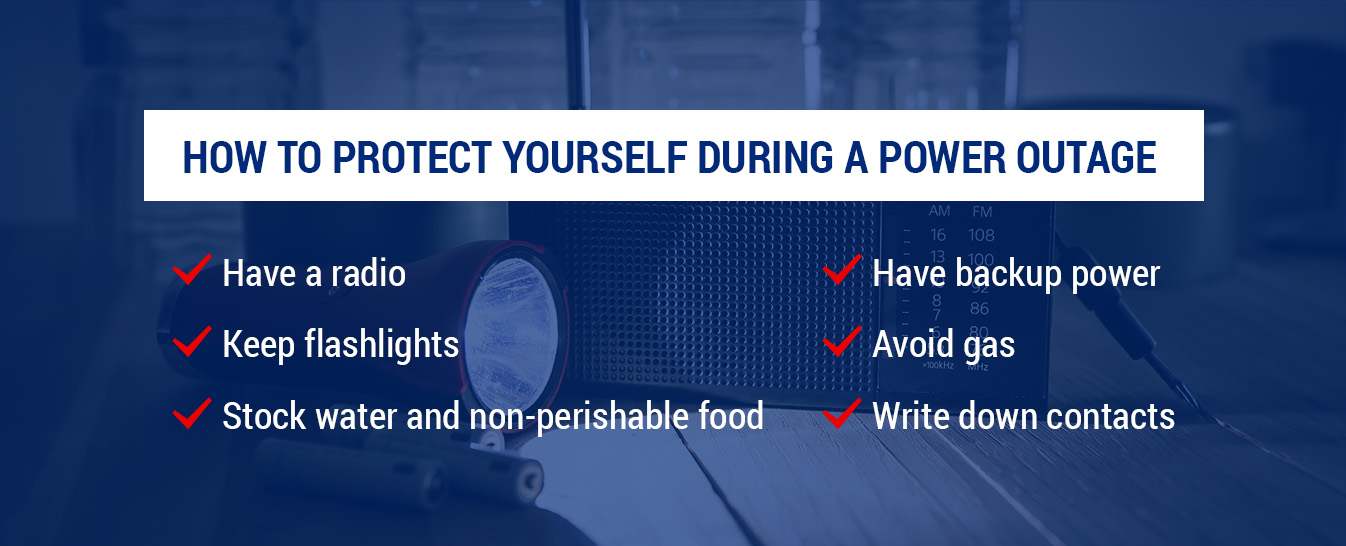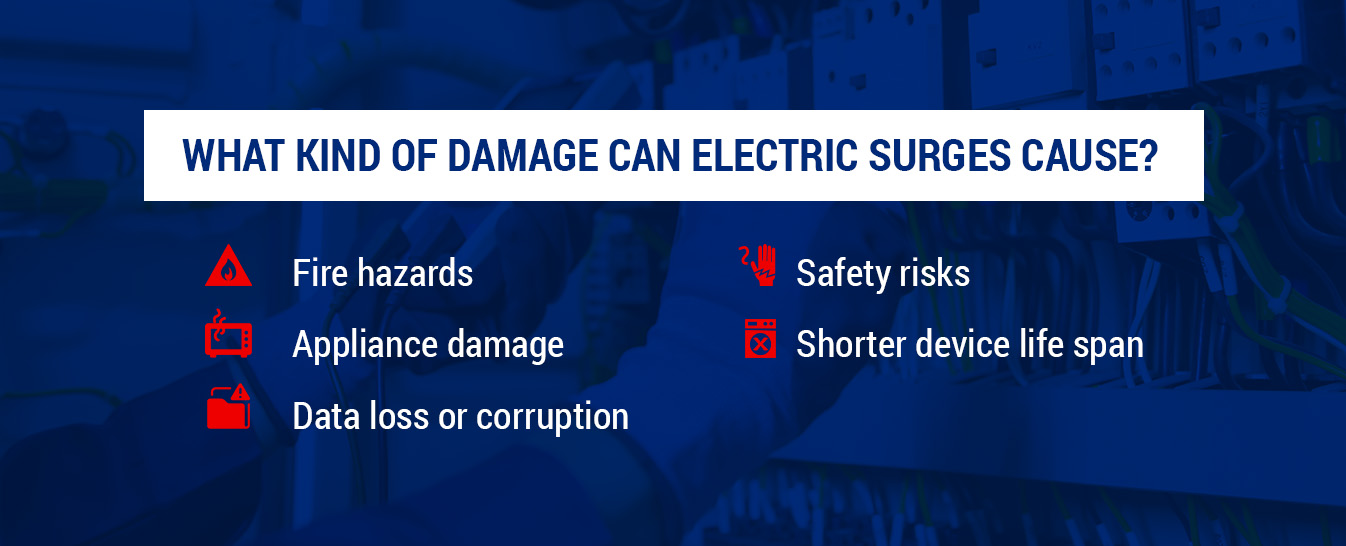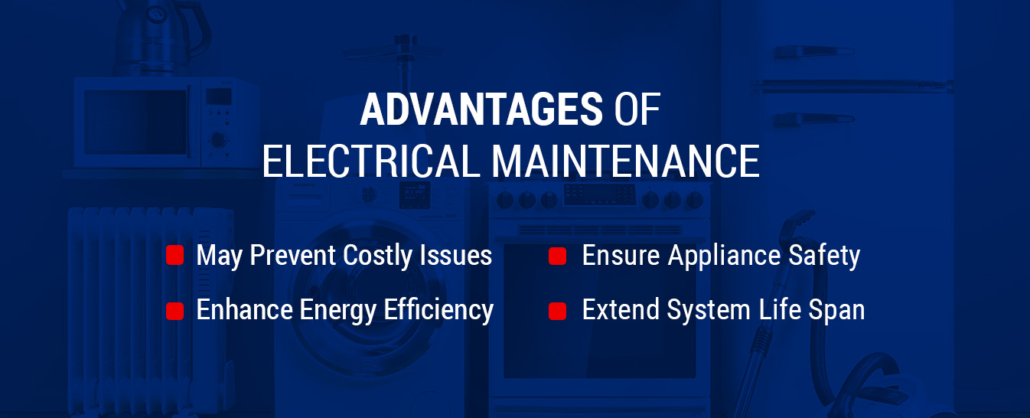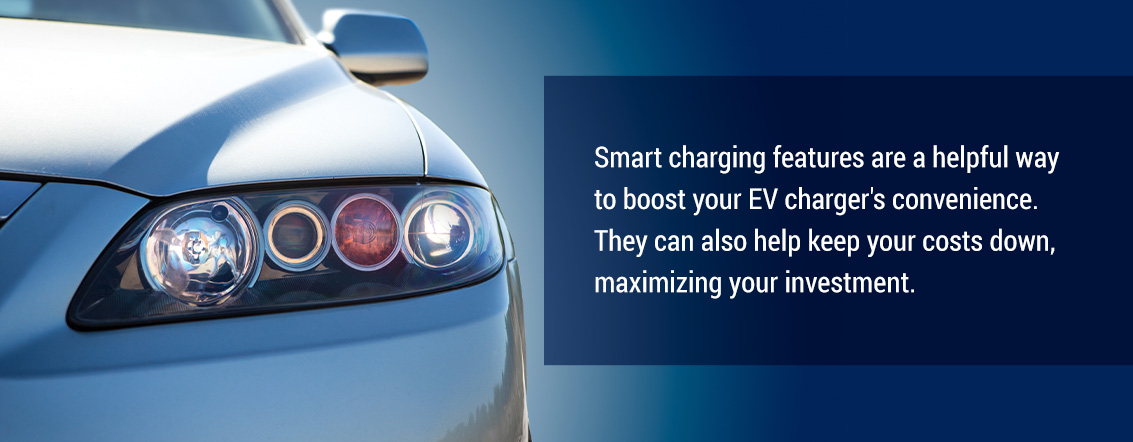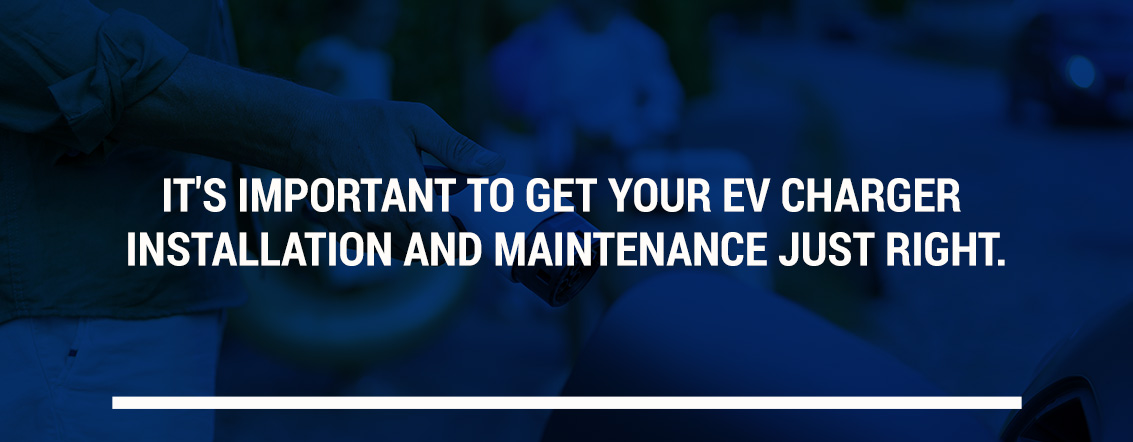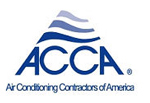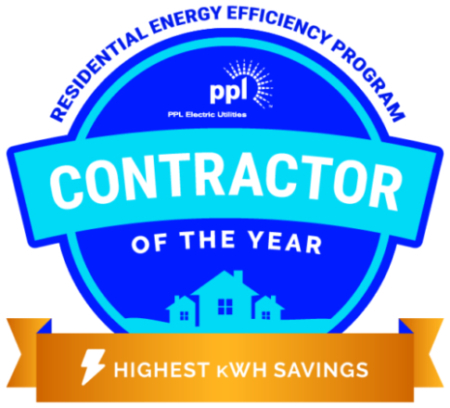What to Do When the Power Goes Out
What to Do When the Power Goes Out
Your power can go out at any time. Despite the reliability of modern infrastructure, severe weather, wear and damage can all cause power outages at your home. You must be prepared for an outage to ensure you and your family can stay safe and calm during an emergency.
Use the guide below to create an effective response plan so you are ready the next time you experience a blackout.
What Is a Power Outage?
An outage is a temporary loss of electrical power, and it occurs when something disrupts the power supply to your home.
Storms are among the most common causes of power outages. Downed trees, excessive rain and wind can damage power lines and infrastructure, interrupting the power delivery to one or many homes. Animals can also occasionally chew through a property’s electrical system, causing select outages. Additionally, even wear can take its toll on your electricity, leaving you in the dark.
A power outage means your lights, appliances and heating, ventilation and cooling (HVAC) system cannot work. Going without your home’s essential systems can be uncomfortable and even dangerous. United States residents experienced an average of five and a half hours of power interruptions in 2022, and being prepared for longer periods is key.
What to Do When the Power Goes Out
If your electricity went out in the past, you may have panicked. However, it’s important to stay calm. Short power outages are usually fixed within 12 hours, while more extended outages can last a day to a week. Knowing what to do when the power is out can help you stay comfortable while you wait for electricity to be restored.
Use these tips to stay relaxed and safe when you lose power:
- Check your power: First, make sure your power is out by checking your breaker for trips. In some cases, it’s just a matter of flipping it off and on again. If it’s not the breaker, look outside for other clues. Are nearby homes also dark? Are the streetlights out? If it looks like other power sources are down, it could be an outage.
- Call your utility provider: After you’ve confirmed your power outage, report it to your utility provider. Use your mobile phone and let the company know your electricity is out. If your smartphone still connects to offline data, you can often use the provider’s website for outage alerts.
- Avoid appliances: If you were using appliances before the outage, turn them off or unplug them to protect them from power surges. Televisions, gaming systems and other sensitive equipment might get damaged when the power returns. Investing in surge protectors that absorb excess voltage can help you safeguard your appliances and devices in case of an outage.
- Close your refrigerator: Avoid opening your refrigerator or freezer for as long as possible. Opening these units lets the cold air escape, making your food spoil faster. The longer you can keep them close, the colder they’ll stay, protecting your fresh food.
- Stay together: Keep everyone in the same room or close by. Being together can help everyone stay warm in the winter and ensure you can communicate important information quickly or provide care when needed. Use blankets and layers to stay warm until the heat comes back on.
How to Protect Yourself During a Power Outage
Now that you know what to do when the power goes out, let’s dive into things to prepare before an event happens. Staying ready can improve your safety during an outage. With the right supplies, you can ride out the blackout until more information arrives or the power comes back on.
Prepare for power outages with these tips:
- Have a radio: Keep a radio and extra batteries in your home to listen to emergency broadcasts when you lose power. You can stay updated without running down your phone battery.
- Keep flashlights: Have flashlights and extra batteries ready. Avoid lighting candles during a power outage — letting candles burn increases your risk of a fire hazard. Additionally, never rely on your phone for light. You need to conserve your phone batteries to receive updates about the power situation. Flashlights are portable and easy to keep illuminated during emergencies.
- Stock water and non-perishable food: Ensure you have an emergency water and food supply. You won’t be able to cook food or access the fridge if the power goes out. Have canned food and other non-perishables handy to eat during an outage.
- Have backup power: If you have the space, invest in a backup generator. These should be located outside your house for safety. Generators can power up your essential devices and appliances during emergencies. Consider if you need backup power solutions to preserve refrigerated medications or electrically-powered medical devices. Additionally, keep small power banks charged up to recharge your phones.
- Avoid gas: Keep your gas cookers and ovens off during power outages. Using gas appliances during power outages can lead to carbon monoxide poisoning. Make sure your carbon monoxide detectors work and have backup batteries for these systems.
- Write down contacts: Keep a paper list of all your important and emergency contacts. This could include friends, family, work or other emergency contacts. With a paper list, you’ll have access to essential phone information, even if your landline is down. When you get to a phone with power, you can contact whoever you need to.
After a Power Outage
Once you’ve got your power again, check over your home for any problems. Follow these steps:
- Look for damage: Look for water leaks or damaged wires and outlets. These can create safety issues you’ll need to call a professional to fix.
- Turn on appliances: Turn on your appliances one at a time to avoid circuit overloads.
- Clear fridge: Remove any spoiled food from your fridge. If you’re unsure about an item’s safety, throw it out to be cautious.
- Reset devices: Reset any clocks on microwaves or alarm clocks to get everything on time again.
- Restock supplies: Restock any batteries, food, water and other emergency supplies you used. You want to have everything you need in case there’s another outage.
Looking for an Expert? Contact Zimmerman!
When your power goes out, having an expert team on speed dial is essential. Zimmerman Plumbing, Heating and Air Conditioning offers high-quality electrical services and backup generator installations in Central PA.
Our licensed technicians are skilled in everything from troubleshooting electrical issues to upgrading electrical panels. With decades of experience and excellent warranties, you can trust us to keep your electrical systems in top condition.
Don’t wait for the next power outage to leave you in the dark — contact Zimmerman for electrical services today!

